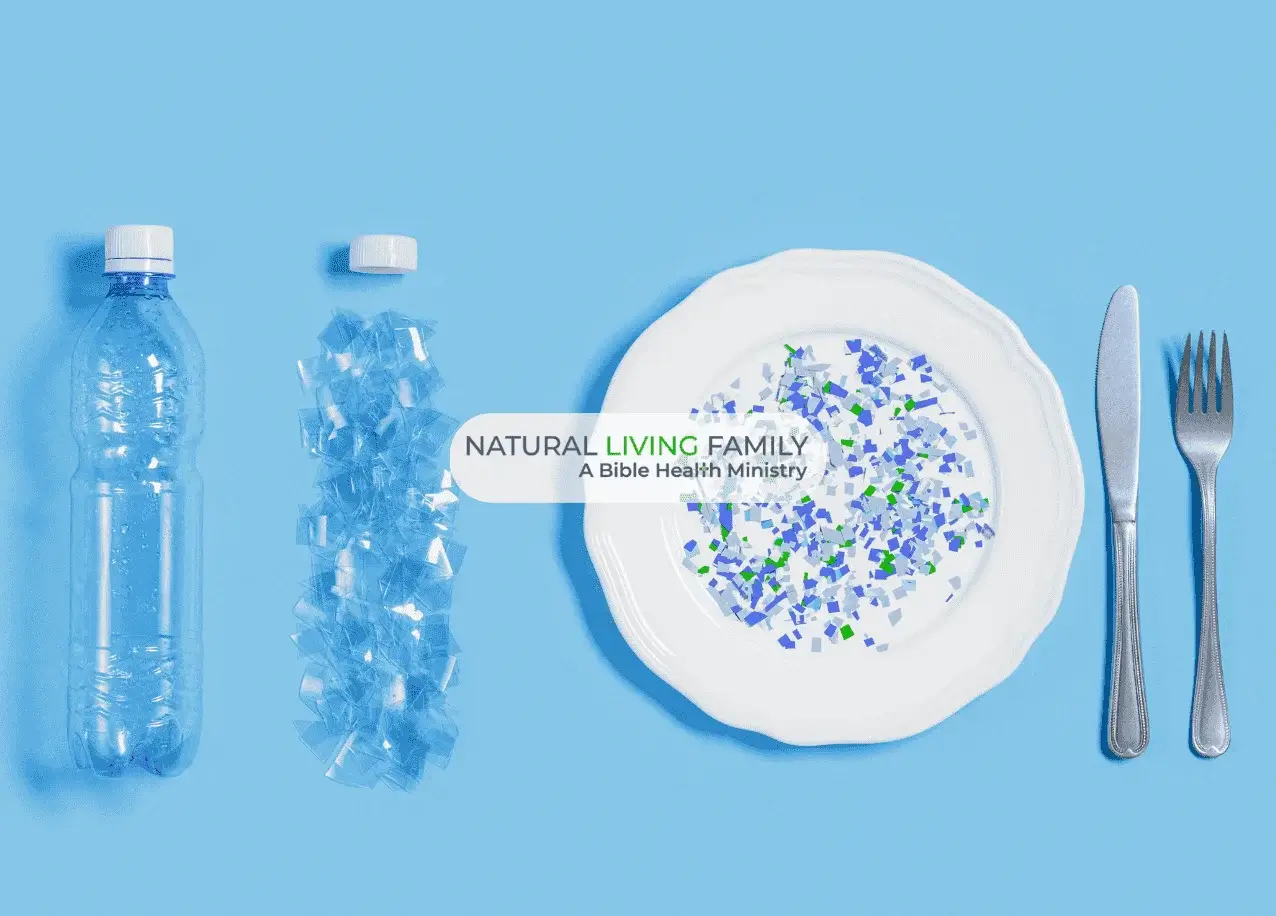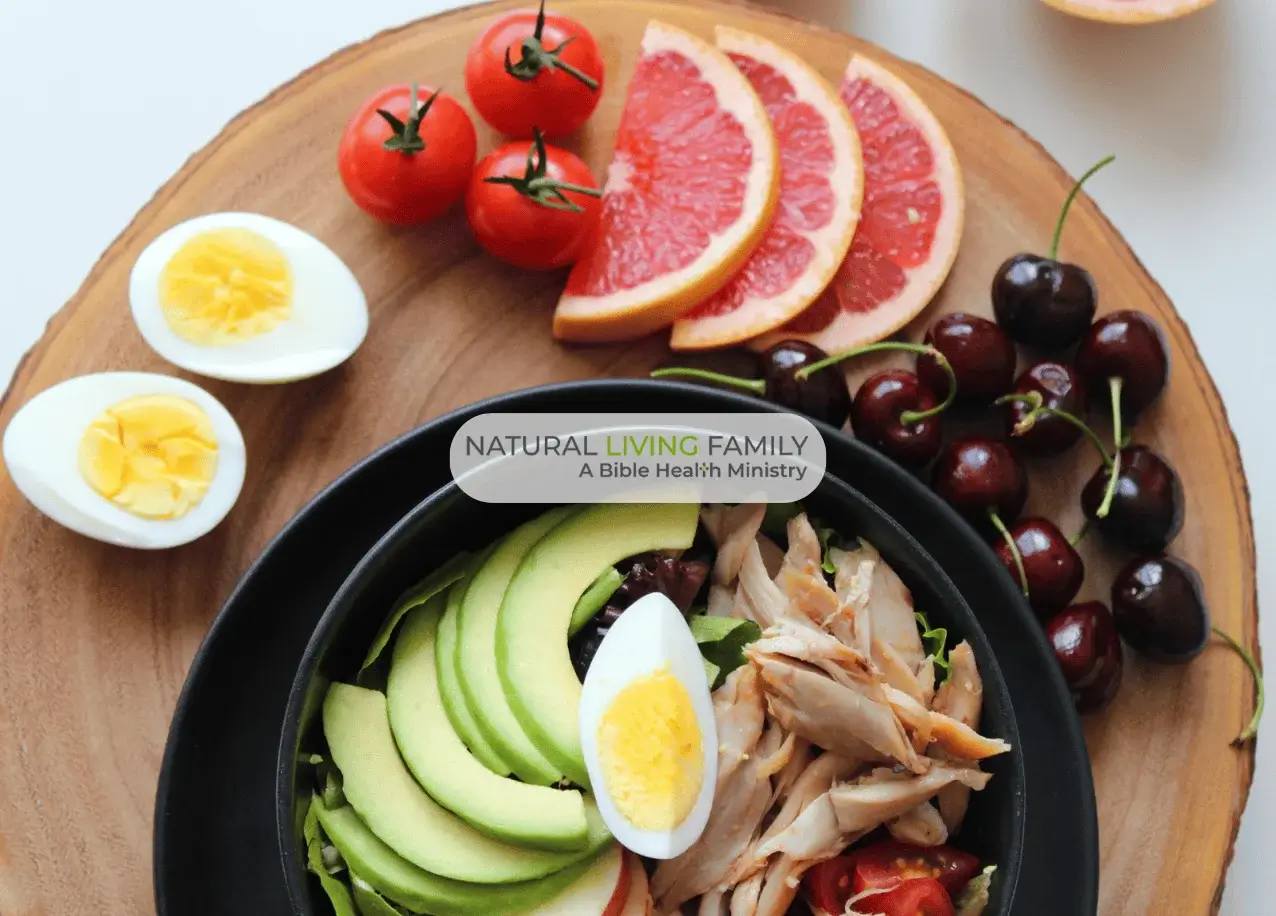Did you know there is a zinc deficiency epidemic sweeping the globe? If you live in the U.S., there is a good chance you have no idea. However, zinc deficiency symptoms have become such a widespread problem globally that the World Health Organization (WHO) reports that 31 percent of the world’s population is zinc deficient. (1)
In America, we live in a bubble of fortified foods and multivitamin supplements that are available at nearly every grocery store. We are pretty much out of touch with this global health crisis that is affecting millions every day. But we can’t just stand by thinking it doesn’t affect us because even people living in developed countries are subject to zinc deficiencies.
Table of Contents
What is Zinc Deficiency?
Now the fifth leading factor in widespread disease worldwide, zinc deficiency is responsible for a rise in mortality rates in undeveloped nations due to connections to childhood diarrhea and pneumonia. In fact, zinc deficiency has become so serious around the world that it is responsible for 176,000 diarrhea deaths, 406,000 pneumonia deaths, and 207,000 malaria deaths. These deaths are mostly in Africa, Southeast Asia and the Eastern Mediterranean.
We all need regular zinc intake to stay alive. It is an essential trace element. The young, the old, even plants and animals, need zinc to survive. It is in every cell, bone, fluid, tissue, and organ in our bodies and is particularly noticeable in the male prostate and semen.
While zinc deficiencies of a severe nature are rare, the Linus Paulding Institute estimates that nearly two billion people worldwide feel the effects of low zinc levels. This is influencing almost every aspect of our health. (2) The recommended daily intake of zinc is: (3)
Recommended Dietary Allowances (RDAs) for Zinc (4)
| Age | Male | Female | Pregnancy | Lactation |
| 0–6 months | 2 mg* | 2 mg* | ||
| 7–12 months | 3 mg | 3 mg | ||
| 1–3 years | 3 mg | 3 mg | ||
| 4–8 years | 5 mg | 5 mg | ||
| 9–13 years | 8 mg | 8 mg | ||
| 14–18 years | 11 mg | 9 mg | 12 mg | 13 mg |
| 19+ years | 11 mg | 8 mg | 11 mg | 12 mg |
* Adequate Intake (AI)
Now, you should be aware that because the growing fetus and infant require zinc, pregnant and breastfeeding women should consciously increase their zinc intake so that their children will not suffer the harm of zinc deficiency.
8 Zinc Deficiency Symptoms to Watch For
Shockingly, the millions of people who are zinc deficient are wholly oblivious of their condition. Luckily, if you know what key indicators to keep an eye on, you can catch it early before things get out of control.
Here are the eight most common signs of zinc deficiency…
1. Reduced Neurological Performance
Zinc is essential for development and neuropsychological performance, and studies have found a connection between low zinc levels and motor disorders in infants that persist well into adulthood. A Chinese study published in the American Journal of Clinical Nutrition revealed that taking a zinc supplement with only 50 percent of the recommended daily allowance enhanced attention spans. But don’t run out and pump your kids full of zinc just yet! (5) The research discovered that zinc is best absorbed with a proper balance of other nutrients, which shines a light on the importance of speaking to your doctor or natural health physician for guidance.
2. Leaky Gut Syndrome
First defined more than 70 years ago, the gut-skin connection talks about how a leaky gut (“intestinal permeability”) can be the root of many health problems including: nutrient malabsorption, skin disorders, allergies, autoimmune diseases, and thyroid problems. Clinically proven to help resolve permeability changes, zinc supplements can “tighten” leaky gut in Crohn’s patients. (6)
3. Diarrhea
Often attributed to the weakened immunity that zinc deficiency causes, infectious, persistent diarrhea is a chief public health issue. Affecting nearly two million children in developing countries every year, these children become more susceptible to E. coli and other bacterial contamination. (7) However, the effectiveness of supplementing with zinc when it comes to treating babies has only been effective in those older than 6 months. (8) Therefore, it is important to talk to your doctor before giving zinc to your newborn. Zinc is also a key structural component for a slew of hormone receptors and proteins that contribute to healthy, balanced moods and immune function.
4. Weakened Immunity
Zinc is vital to preserving immune function. (9) Specifically, it is essential for:
- T-cell development and differentiation for the white blood cells we need to fight illness.
- Apoptosis (“programmed cell death”) to rid our bodies of hazardous bacteria, viruses, and deadly cancer cells.
- Gene transcription, the first step of gene expression.
- Defensive roles of our cell membranes.
5. Food Allergies
Adrenal fatigue brought on by chronic stress can cause calcium, magnesium, and zinc deficiencies, which aid in elevating histamine levels. (10) Zinc deficiency puts the body in the situation in which histamine is released into the surrounding tissue fluids. This is significant for two reasons:
- Extra histamine in our bodies is responsible for common zinc deficiency symptoms related to allergies (running nose, sneezing, hives, etc.).
- High histamine levels intensify one’s sensitivity to allergic reactions.
6. Hair Loss
Zinc deficiency is associated with hypothyroidism, which is a common grievance of people fighting adrenal fatigue. It is an unnoticed cause of thinning hair and alopecia. Thyroid hormones are vital for zinc absorption. Subsequently, hypothyroidism-related balding may not improve with thyroxin unless zinc supplements are in use. (11)
7. Skin Irritations
This goes hand-in-hand with leaky gut. Zinc deficiencies can cause various skin issues. In fact, some people with zinc deficiencies will develop rashes and acne. (12)
8. Spotty Nail Syndrome
Here’s an easy DIY test you can do to see if you may be zinc deficient. Simply look at your nail beds…
If your nail beds have spots, lines (vertical or horizontal) or any “spooning” (where they curve up at the end), your zinc levels could be dangerously low.
It’s important that you don’t ignore the warning signs. The fact is, zinc deficiency doesn’t just cause ugly nails, hair loss, dry skin, mouth ulcers, and weak teeth. It can also lead to brain fog, obesity, and low immunity.
Low zinc levels are a leading cause of major health crises that can be easily prevented, even reversed if caught early.
Unfortunately, most people have no idea they are zinc deficient. Even worse, you may think you get enough zinc from your daily supplement, but you probably aren’t…
6 Main Causes of Zinc Deficiency
People with the following health problems are more prone to zinc deficiency: (13)
- Rheumatoid Arthritis – RA patients absorb less zinc and may require supplementation.
- Nutrient Absorption Syndrome – Malabsorption syndrome puts people at a greater risk of zinc deficiency.
- HIV (human immunodeficiency virus)/AIDS – Linked to shorter lifespans, zinc should be used with caution in HIV/AIDS patients.
- Diabetes – Many doctors say diabetes patients ought to use zinc carefully. This is because large doses can lower blood sugar to dangerous levels.
- Hemodialysis – Those with hemodialysis are at risk of zinc deficiency and might need zinc supplements.
- Alcoholism – Linked to poor zinc absorption, a history of long, extreme alcohol use puts you at a significant risk of developing zinc deficiency.
Not as prevalent, the Linus Paulding Institute reports that these people are also at risk: (12)
- Babies born premature or at a low-birth-weight
- Breastfed newborns and toddlers with insufficient zinc intake
- Pregnant or lactating (breastfeeding) moms
- Patients receiving intravenous feedings
- Undernourished people, including anorexics and bulimics
- Persons with severe or insistent diarrhea
- Those with inflammatory bowel disease
- People with chronic renal disease
- People with sickle cell anemia
- Folks who use medications, including tetracycline and quinolone, as well as bisphosphonates, may decrease absorption of both zinc and the medication, possibly decreasing the efficacy of the drug
- Older adults (65 years and older)
- Strict vegetarians: The requirement for dietary zinc may be as much as 50% greater for strict vegetarians, whose major food staples are grains and legumes, because high levels of phytic acid in these foods reduce zinc absorption
Foods High in Zinc & Supplementing Zinc
If you think there is a possibility you are suffering from a zinc deficiency and you are looking for a quick fix, consider an all-natural supplement. Supplements are great because they contain several forms of zinc, including zinc acetate, zinc gluconate, and zinc sulfate. According to the National Institute of Health (NIH), “Research has not determined whether differences exist among forms of zinc in absorption, bioavailability, or tolerability,” so it is vital to consume these zinc-rich foods on a regular basis: (14)
- Lamb – 4 oz: 4.6 mg (30% DV)
- Chicken – 3 oz: 2.25 mg (15% DV)
- Cocoa powder – 1 Tbsp.: 0.3 mg (2% DV)
- Spinach – 1 cup: 1.4 mg (9% DV)
- Mushrooms – 1 cup: 1.4 mg (9% DV) (We get our servings in this amazing coffee replacement!)
- Grass-fed Beef – 3 oz: 4.9 mg (33% DV)
- Chickpeas (Garbanzo beans) – 1 cup: 6.86 mg (46% DV)
- Kefir or Yogurt – 1 cup: 2.2 mg (15% DV)
- Pumpkin seeds – ¼ cup: 2.5 mg (17% DV)
- Cashews – 1 oz: 1.6 mg (10% DV)
Caution – Side Effects of Zinc Supplements
Consuming elevated amounts of zinc over a long period of time may be unsafe. (13) Most nutritionists agree on that. That is because excess zinc consumption can lead to coughing, fatigue, fever, stomach pain, and a number of other health problems. Some sources even claim that,
“Taking more than 100 mg of supplemental zinc daily or taking supplemental zinc for 10 or more years doubles the risk of developing prostate cancer. There is also concern that taking large amounts of a multivitamin plus a separate zinc supplement increases the chance of dying from prostate cancer!” (13))
Consuming 450 mg or more of zinc every day can affect the level of iron in your blood, some studies have found. Here are some recommendations for women:
- Breastfeeding women under the age of 18 should limit their zinc intake to 34 mg per day
- Pregnant women under the age of 18 should limit their zinc intake to 34 mg per day
- Pregnant women over the age of 18 should limit their zinc intake to 40 mg per day
- Breastfeeding women over the age of 18 should limit their zinc intake to 40 mg per day
This is one reason why we encourage you to eat healthy, bioactive foods to meet your nutritional needs instead of throwing money away on multivitamins. Zinc is vital, but too much of a good thing isn’t healthy either.
Multiple Forms of Zinc Needed
Research shows that there are 7 critical forms of Zinc that you must get each day if you want to maximize every aspect of your health.
- Zinc Acetate – faster recovery from infection
- Zinc Ascorbate – for colds and immune system protection
- Zinc Citrate – for gums, teeth, and dental health.
- Zinc Glycinate – for hormones and sex drive
- Zinc Methionate – higher absorption and synergy
- Zinc Orotate – for deeper, high-quality sleep
- Zinc Picolinate – for liver cell health and anti-aging
You need one form for better sleep. Another form to fight off colds and boost immunity. Then another form for your teeth. And yet another to help with metabolism and weight loss.
The problem with most supplements is that only ONE form is zinc is included in their products.
Be sure to take a zinc supplement with all 7 forms if possible.
References:
- http://www.who.int/publications/cra/chapters/volume1/0257-0280.pdf
- http://lpi.oregonstate.edu/mic/minerals/zinc#deficiency
- https://ods.od.nih.gov/factsheets/Zinc-HealthProfessional/
- http://bit.ly/2yZzoFh
- http://ajcn.nutrition.org/content/68/2/470S.long
- https://www.ncbi.nlm.nih.gov/pubmed/11383597
- http://jn.nutrition.org/content/130/5/1388S.long
- https://www.ncbi.nlm.nih.gov/pubmed/22696352
- http://jn.nutrition.org/content/130/5/1421S.long
- https://www.ncbi.nlm.nih.gov/pubmed/2425567
- https://www.ncbi.nlm.nih.gov/pmc/articles/PMC3746228/
- http://lpi.oregonstate.edu/infocenter/minerals/zinc/index.html#deficiency
- http://www.webmd.com/vitamins-supplements/ingredientmono-982-zinc.aspx?activeingredientid=982&activeingredientname=zinc
- http://ods.od.nih.gov/factsheets/Zinc-HealthProfessional/












